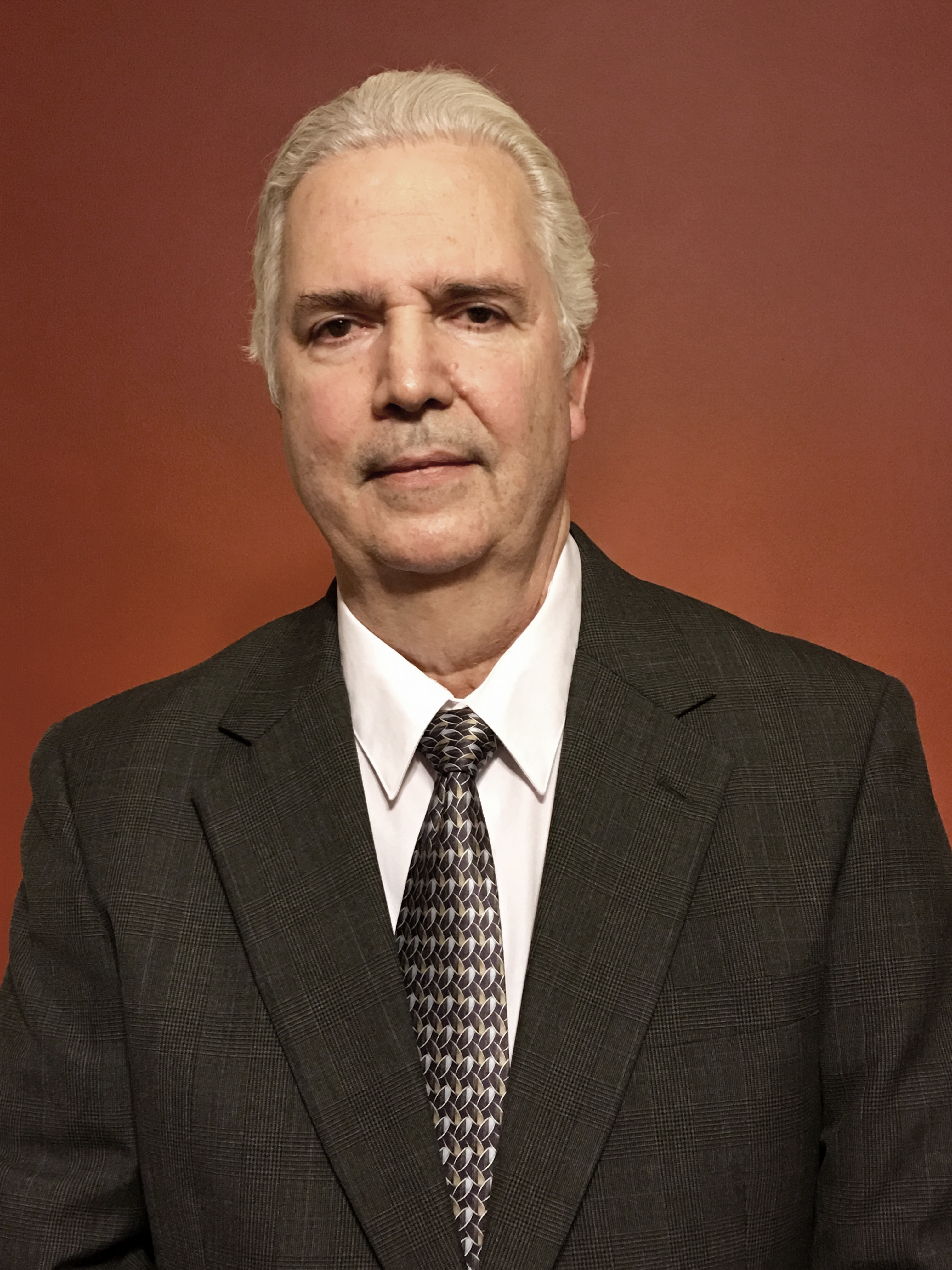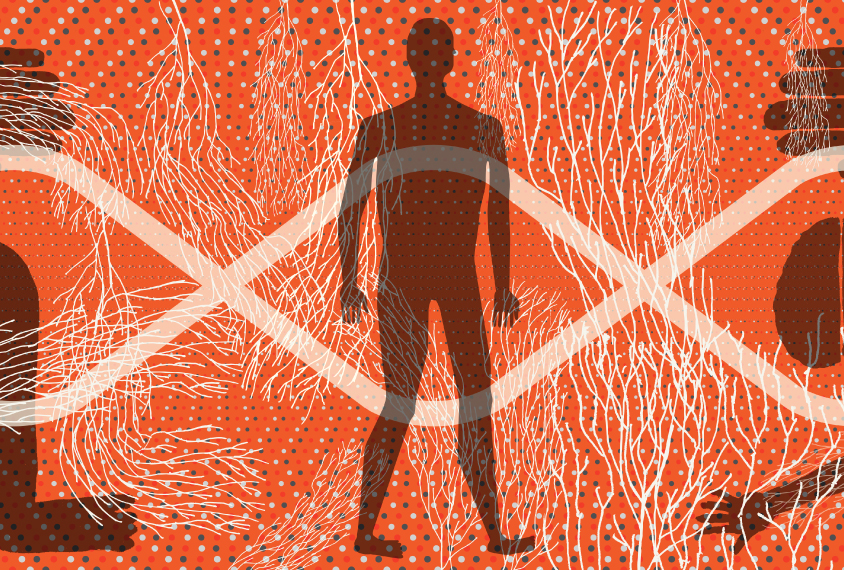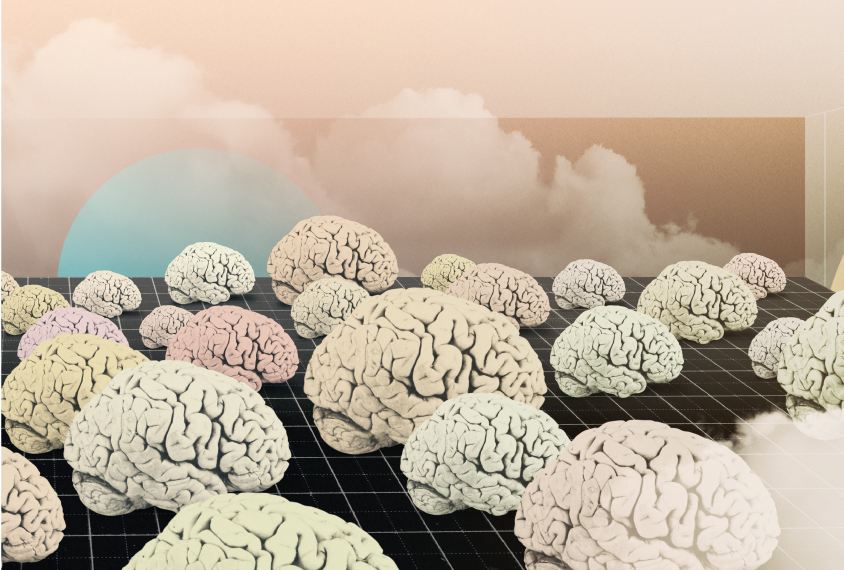Manuel Casanova is professor of biomedical sciences and SmartState Endowed Chair in Translational Childhood Neurotherapeutics at the University of South Carolina School of Medicine and Greenville Health System.

Manuel Casanova
Professor
University of South Carolina
From this contributor
How the autonomic nervous system may govern anxiety in autism
The branch of the nervous system that regulates subconscious bodily processes such as breathing and digestion may play a key role in autism.

How the autonomic nervous system may govern anxiety in autism
Analyzing postmortem brains for autism? Proceed with caution
Any study of postmortem brains must control for artifacts, which are pervasive in brain tissue.

Analyzing postmortem brains for autism? Proceed with caution
Explore more from The Transmitter
During decision-making, brain shows multiple distinct subtypes of activity
Person-to-person variability in brain activity might represent meaningful differences in cognitive processes, rather than random noise.

During decision-making, brain shows multiple distinct subtypes of activity
Person-to-person variability in brain activity might represent meaningful differences in cognitive processes, rather than random noise.
Basic pain research ‘is not working’: Q&A with Steven Prescott and Stéphanie Ratté
Prescott and Ratté critique the clinical relevance of preclinical studies in the field and highlight areas for improvement.

Basic pain research ‘is not working’: Q&A with Steven Prescott and Stéphanie Ratté
Prescott and Ratté critique the clinical relevance of preclinical studies in the field and highlight areas for improvement.
Proposed NIH budget cut threatens ‘massive destruction of American science’
A leaked draft of a Trump administration proposal includes an approximately 40 percent cut to the National Institutes of Health’s budget and a major reorganization of its 27 institutes and centers.

Proposed NIH budget cut threatens ‘massive destruction of American science’
A leaked draft of a Trump administration proposal includes an approximately 40 percent cut to the National Institutes of Health’s budget and a major reorganization of its 27 institutes and centers.